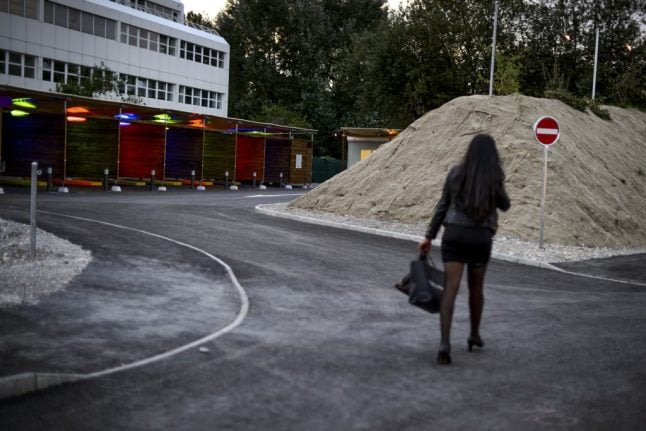Starting on October 1st, Zurich has mandated stricter protection rules in the brothels.
Sex workers must now not only collect their customers’ ID and contact details, but also check on the spot whether the cell phone numbers provided by the clients are correct.
But Valentin Landmann, a legal counsel for Zurich’s sex work industry, filed an appeal against the new regulations, claiming they “violate the principle of equality”.
“These conditions are more extreme than in any other profession involving physical contact”, he told SRF television in an interview.
Landmann added that stricter measures are not necessary in the sex trade.
“The normal protection concepts are already being observed. So far, there have been no coronavirus cases in legal companies”.
However, Zurich authorities see it differently.
The cantonal director of security Mario Fehr told SRF that the new measures are necessary to ensure effective contact tracing, so that clients can be informed in case a coronavirus infection occurs in the brothel.
He added that if establishments fail to adhere to the requirements “we will close these businesses”.
READ MORE: Five things about Switzerland that may surprise foreign residents
Prostitution is legal in Switzerland and considered as a ‘regular’ service industry, with the same rights and obligations as other sectors, including declaring income and paying taxes.
In May, the brothels implemented safety rules for workers and clients to reduce the risk of Covid-19 infections.
The measures include ventilation in rooms, the use of gloves, condoms and disinfectants, and washing of sheets after each client.
Also, sessions should be kept to a maximum of 15 minutes, and kissing – which was already rare before the measures came into place – is strongly discouraged.



 Please whitelist us to continue reading.
Please whitelist us to continue reading.
Member comments